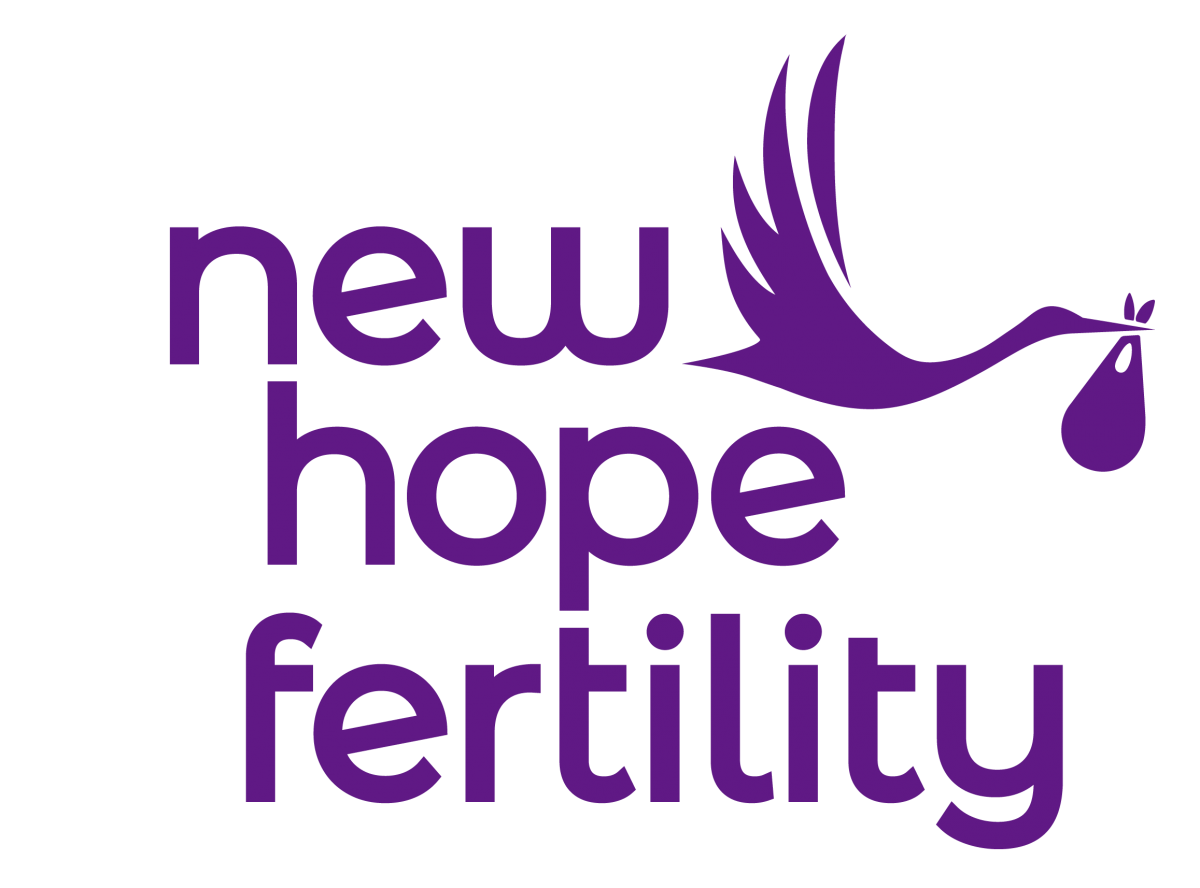IVF has progressed immensely since its conception. Starting naturally, IVF followed a female’s natural hormone cycle producing one egg each month. From there, the use of modern medicine created a major shift in IVF to occur, allowing women to produce and harvest eggs in the double digits every cycle. It’s been said IVF is a numbers game. And in a way it is, but the main lesson we have learned over the years is that it’s about quality, not quantity, especially for women with a low ovarian reserve.
Some women who undergo IVF, especially those 39 and above, tend to have a low ovarian reserve. A low ovarian reserve basically means that a woman’s egg supply has significantly depleted and the max monthly number of viable eggs is low.
Poor Responders and Low Ovarian Reserve
“Poor responder” is a term used in the IVF community to describe anyone who has gone through conventional IVF and continues to produce less than 8 eggs per cycle. Commonly in these cases, the eggs that are harvested tend to follow a pattern of not fully developing to the blastocyst stage or show signs of being genetically abnormal. Generally, a poor response is due to a low ovarian reserve.
What makes Mini IVF a better solution?
It is important to note that there is no one set standard for treatment protocol in poor responders (Patrizio et al. 2015). For women classified as poor responders, Minimal Stimulation IVF, Mini IVF, can increase your chances of pregnancy without the need for large doses of costly fertility medications.
The Mini IVF protocol is defined by the practice of offering minimal medication and assisting mother nature’s natural ovarian production to achieve a higher number of quality eggs. Even with Mini IVF there is no “one size fits all” protocol, but the goal is the same; to follow your natural hormone cycle with the help of low-dose medications to produce between 4-8 good quality eggs per cycle.
As we know, women normally produce one mature egg every menstrual cycle. With fertility drugs, more eggs can be produced. However, for those over 39, generally, no matter how many eggs are harvested, only 1 or 2 tend to be good quality eggs that result in a live birth, especially for women with low ovarian reserve or classified as poor responders.
Mini IVF vs Conventional IVF Success rates?
Studies have shown that Mini IVF and Conventional IVF have the same great success rates for women with a low ovarian reserve or patients over 39. Both protocols when applied to the right patients have proven to produce successful pregnancies. (Lambalk et al. 2017) Different medication doses have been tested and studied in those classified as poor responders to help physicians determine the optimal stimulation dose. (Datta et al. 2020). The conclusive evidence showed that birth rates stayed the same even with the minimal stimulation protocol.
Depending on each individual case, oral fertility medications like Clomid and Letrozole, are prescribed to gently stimulate her ovaries into producing multiple eggs. In some cases, three or fewer injectable medications like Follistim may be prescribed in combination with oral supplements to encourage egg production.
Natural Cycle IVF for Very Poor Responders
Natural IVF, as stated by the name, follows your natural menstrual cycle with no medication and focuses on the production of one high-quality egg at a time. This type of protocol was also studied in those considered “very poor responders.” A very poor responder would be a patient class that either has an extremely irregular period, has no more than 3 follicles at all times, has a baseline FSH of >20, or has an AMH <0.8.
Natural/Natural Mini IVF has been found though to achieve pregnancy rates comparable to those of conventional IVF in women that fit these classifications (Morgia et al. 2004; Kim et al. 2009) as these protocols are better tolerated by those patients and easier on the body (Hojgaard et al. 2001).
About New Hope
New Hope Fertility Center is home to world-renowned fertility specialists. We custom design fertility treatments for the individual to increase the chances of a successful pregnancy. Our specialists believe in putting the patient first and being with them through every step of the fertility journey. Our team is well versed in helping women of all ages reach their fertility goals and we are passionate about educating, and supporting our patients throughout their journey. If you want compassionate fertility care, New Hope is the right place for you. Call us at (347) 970-8479 or schedule your initial consultation today!

